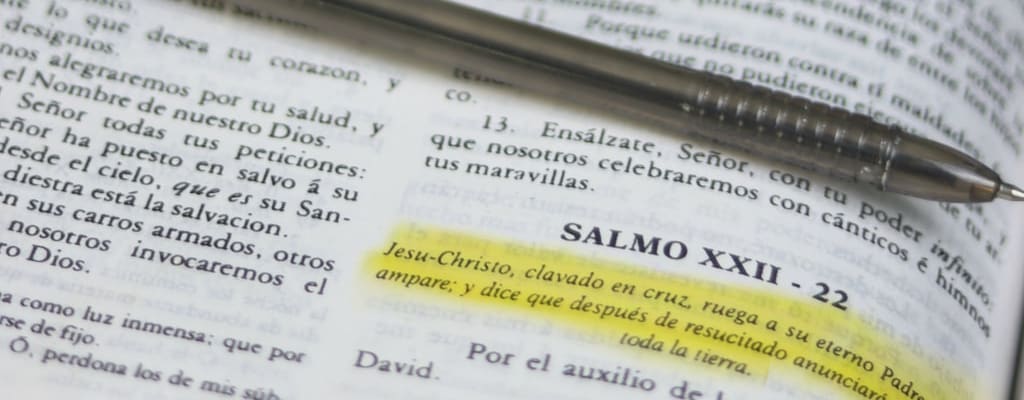be still my heart: Idiom Meaning and Origin
What does ‘be still my heart’ mean?
The idiom "be still my heart" is an exclamation used to express surprise or excitement, often in a romantic context. It conveys a feeling of one's heart stopping or skipping a beat due to being overwhelmed by joy or attraction.

Idiom Explorer
The idiom "leave it be" means to not interfere or to let something remain as it is without trying to change or fix it.
The idiom "kick one's heels" means to wait idly or impatiently for something or someone without any purpose or result.
The idiom "keep one's cool" means to remain calm and composed in a difficult or stressful situation.
An idiom used to describe someone who is in an emotional or mental state of extreme agitation, distress, or confusion.
The idiom "I'll be damned" is used to express shock, disbelief or surprise when something unexpected or unbelievable happens.
The idiom "I'll be" is an expression commonly used to convey surprise or disbelief. It is often used in response to unexpected or extraordinary events, indicating that the speaker is taken aback or astonished by what they have just witnessed or heard.
The idiom "hold one's peace" means to remain silent or refrain from speaking, especially when it is important or expected to do so.
The idiom "hit pause" means to temporarily stop or pause an activity or situation, often to reflect or take a break before continuing.
The idiom "heart-shattering" refers to something extremely painful or devastating emotionally, causing great sorrow or grief.
Hearts and flowers refers to a situation or expression of love and romance, often in an idealized or exaggerated way. It can also describe a sentimental or overly romanticized view of a relationship or situation.
Unveiling Passion's Whisper
The idiom "be still my heart" is a popular phrase used in the English language. It is often used to express a sudden reaction of excitement, surprise, or astonishment. The exact origin and earliest usage of this phrase are uncertain, but there are some possible explanations.
One suggestion is that the phrase originates from its use in literature and poetry, particularly in romantic works. Authors and poets would use the phrase to convey the overwhelming emotions that love and admiration can evoke. In this context, "be still my heart" symbolizes the idea of one's heart beating faster or skipping a beat due to the intensity of feelings towards someone or something.
Another possibility is that the phrase was influenced by other languages. Similar expressions exist in different cultures and languages, such as the French phrase "Oh la la!" or the Italian expression "Mamma mia!" These phrases have similar connotations of surprise or excitement, and it is possible that they influenced the adoption of the idiom "be still my heart" in the English language.
The idiom gained further popularity through its usage in various forms of media, including films, television shows, and literature. Writers and scriptwriters often used it to convey a character's emotional response to a shocking or breathtaking moment. As a result, the phrase became ingrained in popular culture and is now recognized by a wide range of English speakers.
While the exact origins of the idiom "be still my heart" remain unclear, its usage and meaning have evolved in contemporary contexts. It is now used beyond just romantic situations. It can be used sarcastically to downplay an expected reaction or in a humorous way to express astonishment over unexpected events or revelations.
Furthermore, the idiom has also made its way into everyday conversations. It is often used playfully to tease or mock someone for their exaggerated response to a minor occurrence. For example, if someone reacts dramatically to a small inconvenience, their friend might jokingly say, "Be still my heart!" to express mock surprise.
Overall, the phrase "be still my heart" has become an idiomatic expression in the English language, carrying a nuanced meaning that encompasses excitement, surprise, astonishment, and even exaggeration. It serves as a linguistic tool to encapsulate the range of emotions humans experience in extraordinary moments. While its etymology is ambiguous and its origins remain uncertain, its enduring usage in various contexts attests to its significance in the language and its ability to resonate with people.
When someone says "be still my heart", it means they are experiencing a sudden reaction of excitement, surprise, or astonishment. It is an idiomatic expression that conveys strong emotions in response to a situation or event. The phrase is often used informally in conversations and informal writing to express a deeply felt emotion.
Other related idioms to "be still my heart" include "catch one's breath" and "have one's heart in". These idioms are also used in an informal and conversational manner to convey strong emotions or reactions.
The idiom "catch one's breath" refers to the act of pausing to take a breath after physical exertion or after being surprised or shocked. It is used to express the need for a moment to recover and regain composure after an intense experience or revelation.
Similarly, the idiom "have one's heart in" suggests that someone is deeply invested or emotionally attached to a particular person, project, or event. It implies a strong commitment or passion, and it often conveys the idea that one's heart is fully engaged or involved in a situation.
These related idioms, along with "be still my heart", are all expressions that tap into the power of emotions and the human capacity to be deeply affected by certain experiences. They are used to articulate and convey intense feelings, whether it be surprise, excitement, or a profound emotional connection.
By incorporating these related idioms into conversations and writing, individuals can add depth and emotional resonance to their expressions. It allows for a more vivid and engaging communication of one's experience and inner world.
The idiom "be still my heart" is a popular expression in the English language that is used to convey intense emotions such as excitement, surprise, and astonishment. Its exact origin and earliest usage are uncertain, but it has been influenced by literature, poetry, and other languages. The phrase has gained popularity through its usage in various forms of media and is now recognized by a wide range of English speakers. Furthermore, it has evolved in contemporary contexts and is used beyond just romantic situations. Other related idioms such as "catch one's breath" and "have one's heart in" also convey strong emotions and can be used in informal and conversational settings. These idioms tap into the power of human emotions and allow for a more vivid and engaging expression of one's experiences.
Example usage
Examples:
1. When I saw the little puppy sleeping peacefully, I couldn't help but think, "be still my heart."
2. As she walked into the room wearing a stunning gown, he whispered to himself, "be still my heart."
3. The surprise proposal caught her off guard, and all she could manage to say was, "be still my heart."
More "Idioms" idioms



